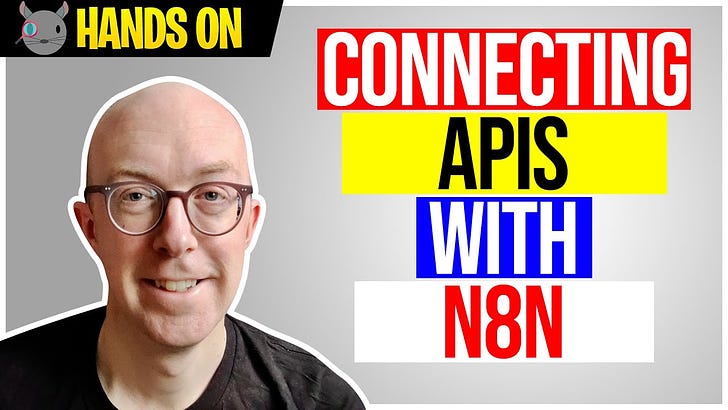An interview with the co-founder of Raycast who I previously featured in a hands on stream highlighted to me that there's a growing body of people interested in making native applications again. Also a new/old operating system from Bell labs that underpins many we use now, Google and Oracle finally reach a sort of conclusion, and NFTs, hohum.
Co-founder, Raycast - a quicklauncher that lets you control your tools with a few keystrokes. Raycast makes it easy to control your tools with few keystrokes without context switching.
Everyone who is anyone in tech is familiar with UNIX, the Bell Labs operating system that revolutionized computing systems by becoming the dominant OS on mainframes, workstations and web servers, and, as the progenitor of Linux, formed the foundation for the internet and cloud infrastructure we know today.
The US Supreme Court has overturned Oracle's high-profile copyright win over Google, delivering a landmark ruling for the software industry. The ruling is a sizable win for Google following a lengthy 10-year legal battle.
The only thing we’d wanted to do was ensure that artists could make some money and have control over their work. Back in May 2014, I was paired up with the artist Kevin McCoy at Seven on Seven, an annual event in New York City designed to spark new ideas by connecting technologists and artists.
Tensions between Muslims and Christians in the 1880s in what is today Jordan led to a compromise. The Christians could relocate to a town named Madaba on the condition they could only build churches on sites where churches had once stood before.
Matt Leacock celebrates his Pandemic (re)success with a new game covering a potentially even bigger future for us, and I get to grips with a rather personal piece of interactive fiction.
When game developer Matt Leacock released his best-selling board game Pandemic, he didn't expect that twelve years later people would be using it to help them process an actual pandemic sweeping the world.
The pandemic has given us a year of lousy sleep and insomnia. Scientists say the usual fixes aren’t helping. Here’s what to do instead.



